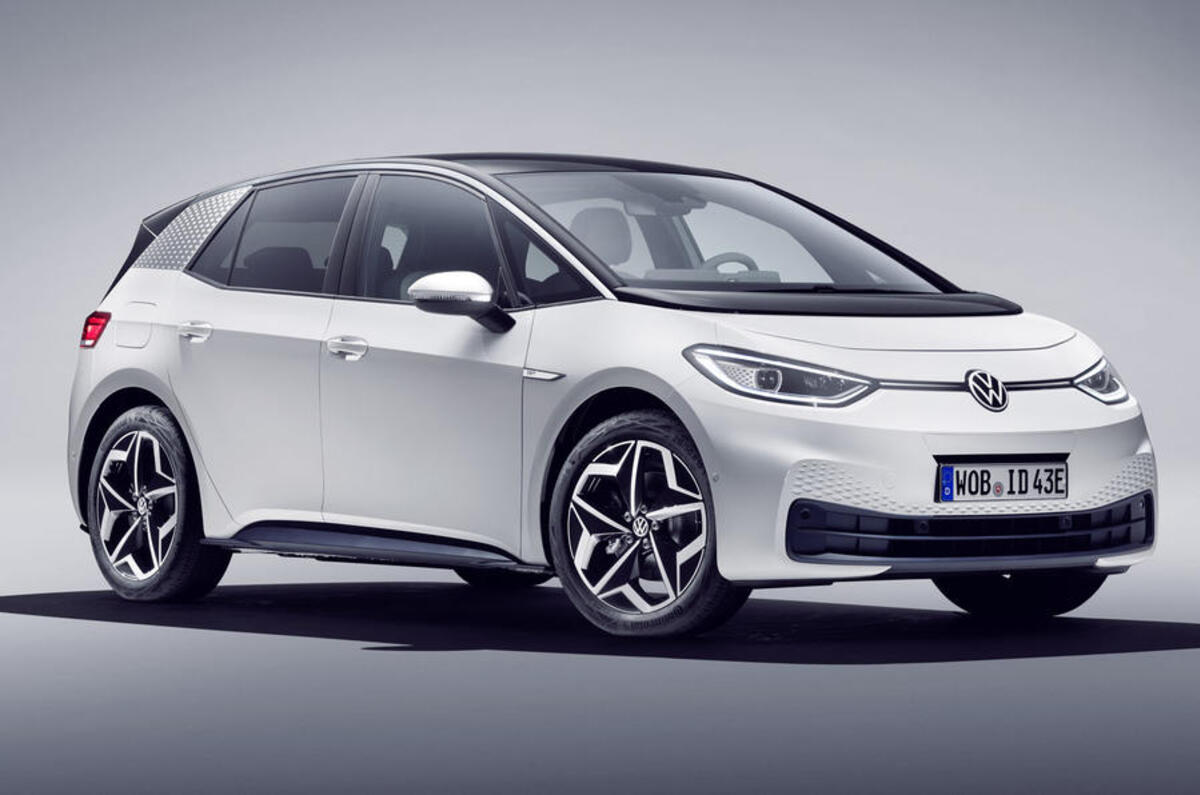We’ve all heard many assertions over the past decade on when the turning point will be for electric vehicles.
A brief history: it was the Nissan Leaf which, while not the the first EV on sale, was the first EV to offer a sensible package and range, so that Joe Public could start to consider a zero-emission future.
Over the subsequent nine years, others followed, most notably the Renault Zoe, and more recently, the Hyundai Kona Electric, Kia e-Niro, Jaguar I-Pace, the latter of which has won numerous awards. There’s a few more too, but kerb appeal or high prices still mean there’s not an EV on sale for everybody.
Revealed: see the Volkswagen ID 3 here
So, there’s been plenty of positive steps in the right direction, but EVs still account for under 1% of UK car sales. Of course, having a choice of electric vehicles doesn’t address the remaining hurdles. Charging infrastructure - often fiercely criticised in the mainstream media - still has some way to go, not least in its reliabilty. Although, when you consider that more than 80% of charging happens at home, it starts to pale into insignificance.
The latest round of public chargers are 150kW, and it’s at this level of charging, that we can start to imagine a decent range achieved in not much more time than it takes to put petrol in one’s car.
There’s also a broader lack of understanding and/or acceptance by many consumers, but time and, crucially, more choice should address that.
Which is where Volkswagen comes in. For the German maker - considered a credible, semi-premium volume brand despite its chequered past - to offer a practical, affordable, Golf-sized standalone EV (which isn't just an Volkswagen e-Golf) will be enough to convert many who wouldn’t have gone electric before.
VW certainly didn’t start the revolution, but I suspect, it will play an awfully big part in its success.
Read more
Volkswagen creates electric conversion kit for Beetle
Volkswagen to launch new e-Up with longer range, lower price




Join the debate
Add your comment
Longest marketing campaign ever
So will it ever get on the market? Same marketing releases month after month. If as much effort had been put into building charging infrastructure and development it would be on sale now. All EV manufacturers seem to do at the moment is announce new model, take loads of deposits and save lots of money on interest on bank loans. If anybody other business tried this it would be called a scam.
Of all the other cars the
Of all the other cars the author mentions, none communicates the sense of purpose of the VW, in this sense the ID3 is just like the original Golf.
I don't anticipate serious competition in this sector of boxy compact(ish) hatchback, Volvo excepted, perhaps in the guise of a non-SUV XC40?
The reason Rhwilton that
The reason Rhwilton that Tesla isnt mentioned is this magazines dislike for the company and everytime this Ms Burgess has ever written anything about Tesla she gets the facts wrong.
On a normal basis if you are talking about any car company that has in recent times changed the automotive world with the introduction of Electric vehicles to make a dent in the world it would be Tesla. But there you go.
One other small thing. The Tesla model 3 sold the third highest number of new cars last meonth in the UK, Not the third highest number of EVs, but the third highest car including ice cars but of course it didnt warrant a single word in this rag. Every other car mag mentioned it and it even got a mention on the national news.
Simply astonishing.